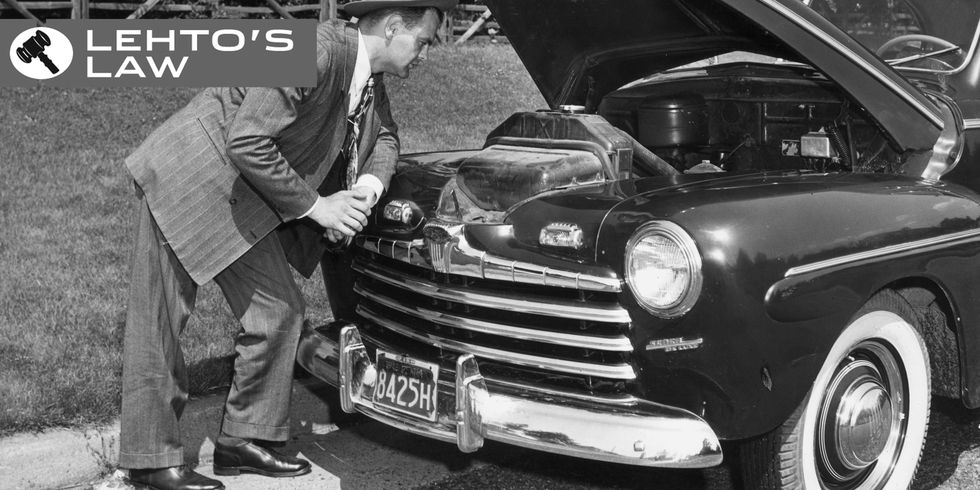The answer is likely not something you want to hear, and a reason to be very careful when you're buying a used car.
The lemon law makes automakers buy back defective cars. But what happens to those cars might surprise you–especially if you unknowingly bought one.
Car manufacturers buy back thousands of defective automobiles each year because they are difficult to repair–if they can be repaired at all. Those lemons are then resold by the manufacturers, fixed or not, and are once again on the roads and in repair shops. Many people mistakenly believe that the titles to these cars are always branded as lemons so that future car shoppers would be on notice of what the vehicle’s history was before they made their purchase.
This is quite far from the truth.
All 50 states have lemon laws, creating minimum standards for warranty repairs. If a car or truck cannot be repaired after a certain number of attempts or a particular time frame, then the manufacturer must buy the car back from the consumer or replace it with a non-defective one. While most people focus on the “What happens if you have a lemon and how do you get rid of it?” question, the follow-up question I often hear is, “What happens to these cars?”
The answer depends on the state where the car ends up. But they all get resold back to consumers, many who do not know of the vehicle's history as a lemon.
Vehicles with unusual histories often end up with special titles. In many states, the titles are “branded” to notify owners and prospective buyers that the car has a noteworthy history. Was the car sold for “Salvage” because an insurance company deemed it a total loss? Then the word “Salvage” might be printed in bold letters across the top of the title in a place where no one could miss it.
But how states handle title branding varies widely, as is often the case with state laws. And the place where this is the most apparent is in the area of Lemon Law title branding. Fewer than a third of the states require any form of title branding when a vehicle is repurchased under a state’s lemon law. And since not all states use this brand, a simple transfer of the car to a non-branding state gets the designation removed from the title itself.
It is noteworthy that Carfax and other title-tracking services out there should catch that a vehicle had a branded title in its history. But the few states which brand lemons don’t brand them using the word “lemon.” Instead, they use euphemisms like “Manufacturer Repurchase” or some such, which is not as eye-catching. Many vehicle history reporting companies will gloss over this event, noting that the vehicle was sold at auction by the manufacturer but not to worry, since many vehicles are sold at auction each year.
Further confusing this issue, the reporting companies will often note that the repurchased lemon has no title branding issues–even though it was bought back under the lemon law. The lack of a brand simply means that it was bought back in a non-branding state.
So, never assume that a vehicle with a “clean” unbranded title is not a lemon law buyback. Check its title history and look for anything that suggests the car was owned or sold by the manufacturer after it was sold the first time to a civilian. And, pay attention to any repeated repairs under warranty. If it suffered more than two or three tries for the same thing, it might have been a lemon–and still be one–even if the title is not branded as such.
By Steve Lehto Mar 12, 2018
Original Source:

